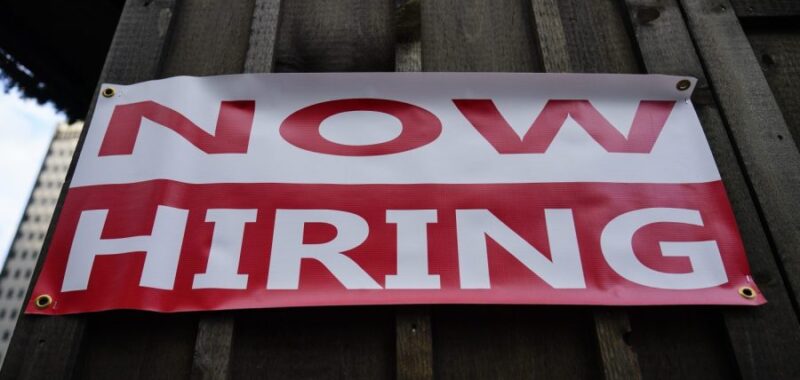
Initial unemployment insurance claims dropped last week by 17,000, a small but encouraging sign for overall employment levels as worries about a recession for the U.S. economy are resurfacing.
Unemployment claims dropped to 233,000 for the week ending Aug. 3, down from 250,000 the week before, the Labor Department reported Thursday.
The four-week moving average increased by 2,500 to 240,750. The previous week’s average received an upward revision of 250 to 238,250.
The unemployment rate rose to its highest level since October 2021 in July, increasing to 4.3 percent from 4.1 percent June. The economy added 114,000 jobs in July, and payrolls were revised down for June following lower revisions in April and May, as well.
The 0.2-percentage point unemployment jump triggered a recession indicator known as the Sahm rule, which predicts that the U.S. economy has entered a recession when the 3-month average in the unemployment rate increases by 0.5 percentage points from its 12-month low.
The Federal Reserve is widely expected to start cutting interest rates at the next meeting of its rate-setting committee in September, with odds-on chances of a 0.5 percentage point rate cut at 57.5 percent and of a 0.25 percentage point cut at 42.5 percent, according to prediction algorithm CME Fed Watch.
Rate cuts are designed to stimulate investment, hiring and growth as the economy slows down with the ultimate goal of keeping unemployment from rising.
Fed Chair Jerome Powell told Congress last month that central bankers were no longer wary only of elevated inflation but also of weakening labor conditions.
“We are well aware that we now face two-sided risks,” Powell told the Senate Banking Committee in July.

